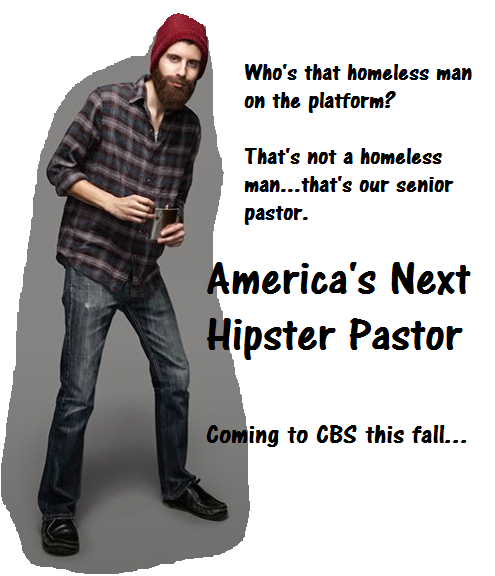
I just resigned from the congregation I serve, in view of a call to another congregation. People's attitudes and responses about our announcement, as you may gather, have run the gamut. Many are sad, but understanding of our sense of call to another church. Some are hurt, while trying to be happy for us. Others are rather ambivalent. A few are quietly looking forward to having a new pastor that will "fit" them better. Most, however, are just in the process of "processing". They are trying to figure everything out.
Out of all the churches I have served, I think this church is probably the most surprised that we are leaving. Part of this has to do with their pattern of pastoral leadership. United Churches has had a history of long pastorates (although the Baptist pastors have had shorter run here generally). My pastoral tenure was more average in length. This "surprise factor" has left people more active in their conversations with me trying to make sense of our departure from their perspective.
I have had several conversations where people have asked me pointed questions, some to confirm their theories, and others to simply to get a deeper understanding. Some of our old folks are concerned that other church have been attacking us, and quietly running us out of the church. Others say that the church's willingness to not move forward and grow is what is causing us to leave. Some believe that we just want to go "home" to our own denomination, and feel the sense of connection and family that we have in denominational life that we might not experience in a federated church. Some people assume we are simply "leveling-up" to a church with better pay, prestige, and influence. I generally have vague responses about sensing God's leading, and needing to follow that sense as the reason we went. This satisfies some, but many continue to probe and question. This makes sense. People are grieving.
What intrigues me is that each person dealing with this issue has to come to their own rationalization about why this is happening. Some ask for more answers. But many, and I don't mean this harshly, choose to put the words in our mouth whether we accept them or not. They, in their processing, have to make their own meaning out of the pastoral transition. They have a hard time just accepting the change. Or grieving the change with sadness or anger. They have to begin by rationalizing why I have resigned. Everyone has their reasons. A lot of times, one persons rationalization is a lot different from another person's ideas.
I think part of the rationalization phase of dealing with pastoral transition is necessary. When something changes, people want to make sense of that change.
I think the Baptist transition structure forces this kind of thinking more as well. In a Methodist system, a congregation and a pastor (ideally) begin to communicate about when they think a transition is appropriate, and nobody is taken by surprise. In Baptist life, because of the tenuousness of a pastoral call being extended or accepted, conversations are rarely had with leadership within the church.
And, part of the challenge of with our sense of call in moving somewhere else is that I don't really have all the answers that I can put into words for people either. For me, it is sensing where God is leading me, where the kingdom can use my gifts and abilities best, and what is good for my family. And while many of the "rationales" that people come up contain some truth, there are also other issues that are involved, and some reasons for leaving have nothing to do with a failing here or a asset there but other ways in which we have sensed God speaking to us.
So then, readers and friends, what are your experiences in pastoral transitions? How have you made sense of a person leaving to a new ministry? How have you navigated this transition as a pastor or leader yourself. I would love to hear your comments.









